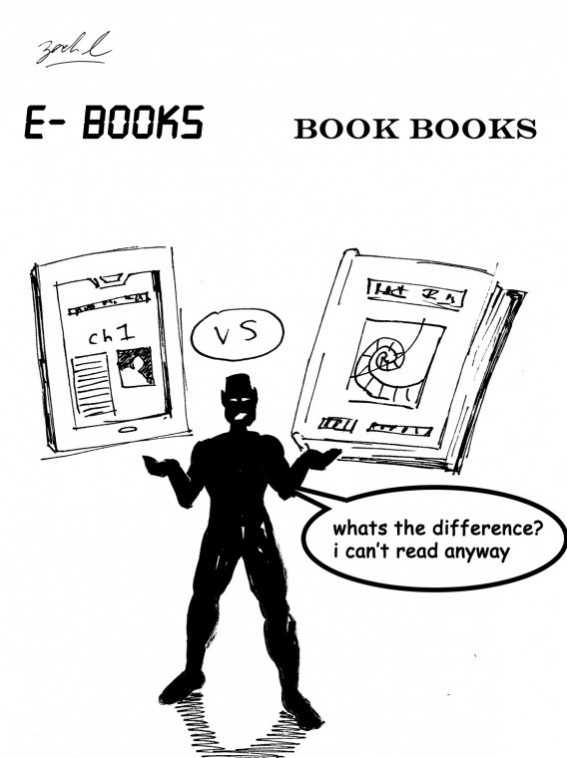Professors should consider cheaper textbook options
August 29, 2011
Buying textbooks sucks. It is one of the worst parts of going back to school every year because whether you buy them from one of the stores here on campus or an online retailer, they always end up being ridiculously expensive.
Freshman nursing major Margaret Maka said she spent at least $350 on her books. Another student, junior physics major Gregory Maj, spent almost $400 on his books.
This is a lot of money for college students, and it’s not like we get any of it back when we sell our books at the end of the semester. Last year for my $300 worth of books, I got $7 back.
The bookstores here and many online stores will now allow you to rent books, and while you can save with renting, the books still end up being expensive. This year, I rented the majority of my textbooks and I still spent over $350.
The rentals and used books that are available help some, but NIU can and should do more to keep the costs of students’ books down.
To start, more professors should allow students to use the older editions of textbooks. There is never really that much of a difference between the “new” edition and the previous one. Students shouldn’t have to buy brand new books every couple of years because the textbook manufacturer decided to have a new forward or a few more examples written into the book. There are tons of used books available for cheap online with basically all of the same content that students could be using.
But, if professors don’t want to use “out-of-date” materials in their classes, they should follow the example of Charles Downing, presidential teaching professor of operations management & information systems, and switch to an e-book.
Last year, Downing began using a new book from Flat World Knowledge, which was free to students. They could go online, click a link and read the textbook without ever having to pay for it.
The system has changed slightly this year, and students now have to register with the website in order to use the book, but it still costs them nothing.
The new registration allows the website to send you information about their products, but I would gladly exchange having ads sent to one of my email addresses for a free textbook any day. For students that prefer having a printed version, they can purchase one or also buy pdf files of the book.
This system saves students a ton of money and gives students the option of exactly what type of book they want. There are other sources of free books too, including Project Gutenberg and Connexions. So why aren’t more classes requiring these books?
Professors need to start looking at these alternatives instead of making us shell out hundreds of dollars for books at the beginning of every semester. We already spend enough money on tuition and fees. Cut us a break when it comes to books.







